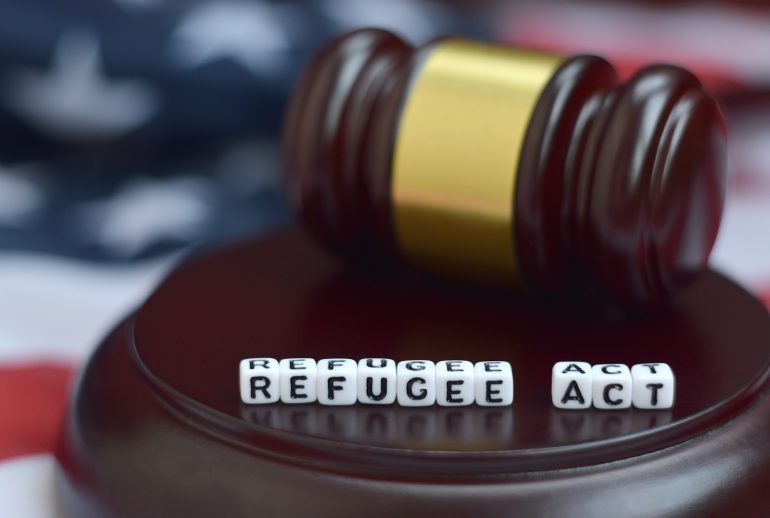In an increasingly interconnected world fraught with conflict, persecution, and displacement, seeking asylum has become a lifeline for countless individuals fleeing persecution in their home countries. However, navigating the asylum application process and understanding the eligibility criteria can be complex and daunting. In this article, we delve into the intricacies of asylum and refugee status, shedding light on the application process and the criteria that determine eligibility.
Understanding Asylum and Refugee Status
Asylum and refugee status are humanitarian protections granted to individuals who have fled their home countries due to a well-founded fear of persecution based on race, religion, nationality, political opinion, or membership in a particular social group. The primary difference lies in where individuals apply for protection.
Refugee status is typically conferred to individuals who have been recognized as refugees while outside of their home country, often through a formal process administered by the United Nations High Commissioner for Refugees (UNHCR) or a resettlement country’s government. In contrast, asylum is sought by individuals who are already present in the country where they wish to seek protection, either at a port of entry or while residing in the country.
The Asylum Application Process
The asylum application process varies from country to country, but generally follows a similar trajectory. Here’s a simplified overview of the typical steps involved:
- Initial Screening: Upon arrival or application, individuals seeking asylum undergo an initial screening process to determine whether they meet the basic eligibility requirements. This may include interviews to assess the credibility of their fear of persecution.
- Asylum Application Submission: If the initial screening indicates eligibility, applicants submit a formal asylum application, detailing their reasons for seeking protection and providing supporting documentation.
- Interview and Adjudication: Applicants are typically interviewed by immigration officials or asylum officers to further assess the validity of their claims. Adjudicators evaluate the evidence presented and make decisions based on relevant laws and regulations.
- Appeals Process: In some countries, applicants have the right to appeal a negative decision through an administrative or judicial appeals process. This allows for a review of the decision by a higher authority or court.
- Final Determination: After considering all relevant factors, including the applicant’s fear of persecution and any legal or procedural considerations, a final decision is made on whether to grant asylum.
Eligibility Criteria for Asylum
To be eligible for asylum, individuals must meet certain criteria established by international law and domestic regulations. While these criteria can vary, they generally include the following:
- Well-Founded Fear: Applicants must demonstrate a well-founded fear of persecution in their home country based on one of the five protected grounds: race, religion, nationality, political opinion, or membership in a particular social group.
- Credibility: Applicants must provide credible and consistent testimony and evidence to support their claims of persecution. This may include personal accounts, witness statements, medical reports, or other documentation corroborating their experiences.
- No Alternative Protection: Applicants must show that they are unable or unwilling to seek protection from their own government or relocate within their country to escape persecution.
- Non-Criminal Background: Individuals with a history of serious criminal activity may be deemed ineligible for asylum, although this varies depending on the severity and nature of the offenses.
- Timely Application: In many countries, asylum seekers must submit their applications within a specified timeframe after arrival or the onset of persecution, although exceptions may be made for extraordinary circumstances.
The asylum application process and eligibility criteria play a crucial role in determining who receives protection and refuge from persecution. While seeking asylum can be a challenging and complex journey, understanding the process and meeting the necessary criteria can greatly improve an applicant’s chances of success. As global displacement continues to rise, it is imperative that countries uphold their obligations under international law to provide asylum and protection to those in need. By promoting fair and efficient asylum systems, we can ensure that the fundamental human right to seek refuge is upheld for generations to come.


